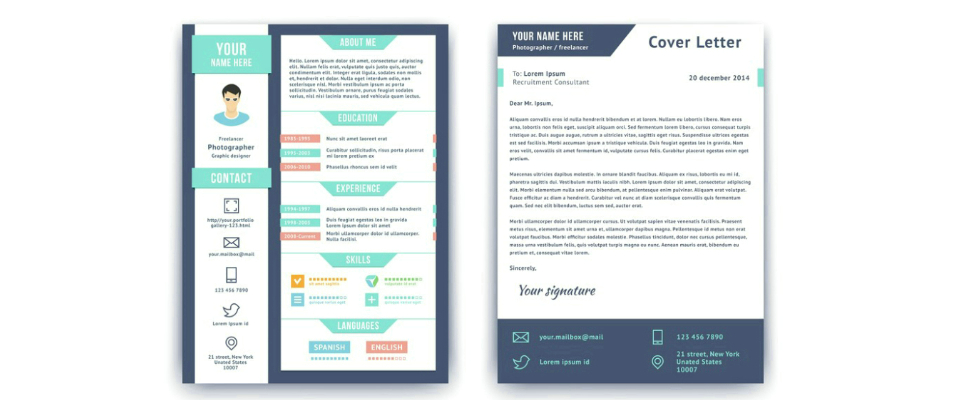In the fierce job market of today, making your resume and cover letter stand out is crucial. A vital aspect often overlooked by job seekers is the smart use of keywords throughout their application materials. Keywords hold the key to catching the eye of hiring managers and Applicant Tracking Systems (ATS) alike. In this article, we'll delve into the importance of keywords in your resume and cover letter, offer practical tips on identifying and incorporating them effectively, and boost your chances of securing interviews.

Keywords are specific words or phrases that employers use to describe the skills, qualifications, and experiences they're looking for in a candidate. With the rise of technology in the hiring process, many companies now use ATS to screen job applications, helping them manage the large volume of resumes they receive. These systems search for keywords in your resume and cover letter to determine whether your application matches the requirements of the job. By optimizing your materials with relevant keywords, you can increase your chances of passing through these initial screening processes and getting noticed by potential employers.
Keywords are the backbone of the modern job search process. To grasp their significance, it's vital to understand ATS and how these systems influence your job search success.
Now that we've established the importance of keywords in the job search process, let's explore how to identify the right ones for your industry and role.
Finding the right keywords for your resume and cover letter involves researching your target industry and understanding the skills and qualifications employers are looking for.
Example:
With a solid understanding of the keywords relevant to your industry and role, you're ready to start incorporating them into your resume and cover letter.
Strategically placing keywords throughout your resume can help ensure that your application passes ATS screenings and catches the attention of hiring managers.
Example: - "Results-driven project manager with 5 years of experience in the tech industry, skilled in data analysis and proficient in Microsoft Office."
Example: - "Skills: Data Analysis, Microsoft Office Suite, Project Management, Team Leadership"
Example: - "Led a cross-functional team of 10 in the successful completion of a complex software development project, utilizing data analysis and project management skills to ensure timely delivery and client satisfaction."
While it's essential to include keywords, avoid cramming your resume with them at the cost of readability. Ensure that your writing remains clear, concise, and engaging.
Tailor your resume for each job application by incorporating specific keywords found in the job posting. This can help showcase your attention to detail and dedication to the role.
Your cover letter is another opportunity to showcase your knowledge of the industry and the company, while highlighting your relevant skills and experiences.
Example: -
Example: - “I am confident that my strong data analysis skills, proficiency in Microsoft Office, and wide-ranging project management experience make me the perfect candidate for this role."
Example: - "Being an avid follower of the latest developments in data-driven decision-making, I am thrilled about the chance to contribute to your company's ongoing growth in this field."
Optimizing your use of keywords can significantly improve your chances of getting noticed by potential employers. Keep the following tips in mind as you refine your application materials:
Example: - "Data analysis, data analytics, data mining, data-driven decision making"
To maintain the effectiveness of your keyword strategy, it's essential to stay current with industry trends and terminology.
1. Regularly reviewing job postings in your field: Monitor job boards and company websites for new postings to stay informed about the skills and qualifications employers are seeking. This will help you keep your list of keywords up to date and relevant.
The significance of keywords in today's job search landscape cannot be overstated. By strategically incorporating relevant keywords in your resume and cover letter, you can increase your chances of passing initial screenings and standing out to potential employers. Remember to research your industry and target roles, use a mix of synonyms and variations, and stay up-to-date with trends and terminology. With persistence and a well-optimized application package, you'll be better positioned to land the interviews you deserve.